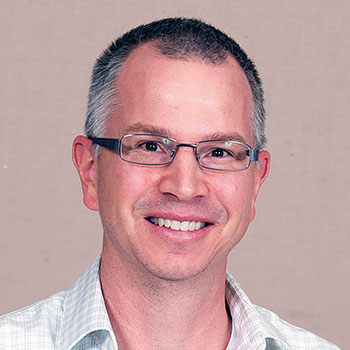Christopher R. Clarkson is the Tamaratt Research Professor in Transitional Energy, and the ARC/Ovintiv Chair in Subsurface Transitional Energy Pathways, in the Department of Earth, Energy, and Environment (formerly Geoscience), and an adjunct professor with the Department of Chemical and Petroleum Engineering, at the University of Calgary. His work focus in the industry was on exploration for, and development of, unconventional gas (UG) and light oil (ULO) reservoirs. His research focus, since coming to the University of Calgary in 2009, has been on advanced reservoir characterization and evaluation methods for UG-ULO, such as rate- and pressure-transient analysis, flowback analysis, DFIT analysis, and reservoir sample analysis. He is also interested in the application of these advanced reservoir characterization methods to the evaluation of transitional energy pathways using the subsurface, such as geological CO2 storage, hydrogen storage, geothermal energy, and critical elements recovery. Clarkson is the director of the industry- and government-sponsored research group called “Tight Oil Consortium" and recently-initiated “Transitional Energy Consortium”.





